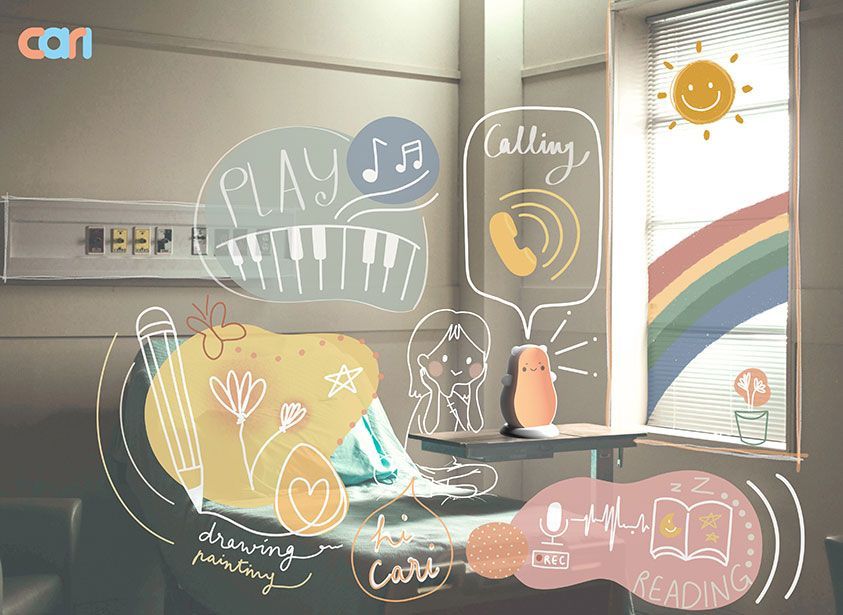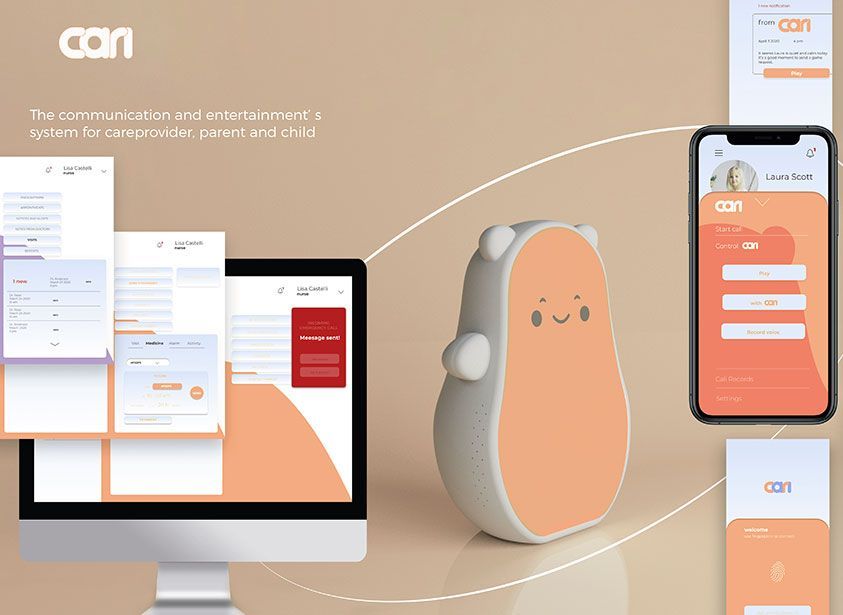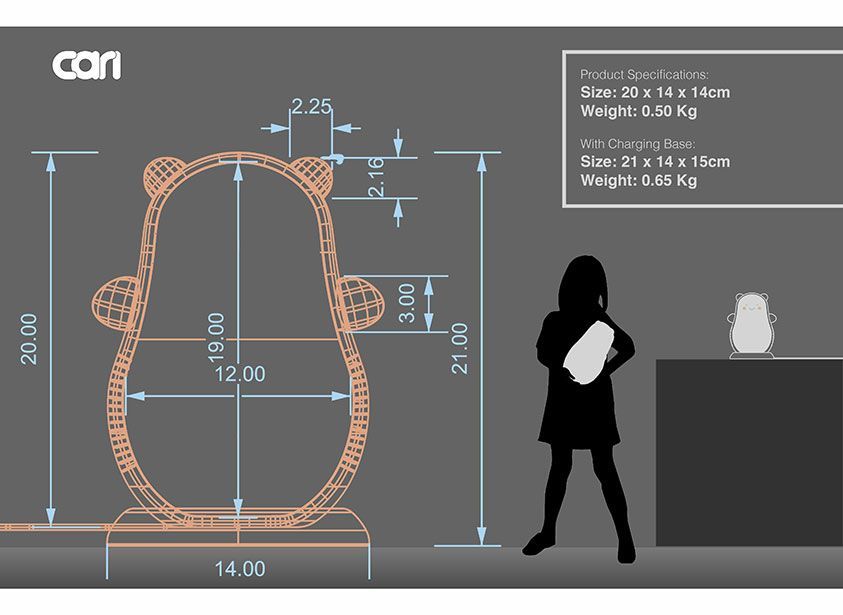Cari

EXPERIENCE DESIGN WORKSHOP
In this workshop students used qualitative research to develop an in-depth understanding of people’s behaviours, actions, pain points and aspirations to identify key decision making moments, they then used these insights to design solutions able to improve the way people engage with products and services.
In collaboration with Jan-Christoph Zoels, Creative Director of Experientia, students defined proposals to impact people’s decisions and behaviours in times of social distancing. The objective of the workshop was to create a series of User Interfaces (UI) that lie in the immediate proximity of our body.
After having identified a specific field (public, private or public/ private sphere), students had to propose their own Design Challenge and design a UI that delivers a novel form of interaction.



EXPERIENCE DESIGN WORKSHOP
In this workshop students used qualitative research to develop an in-depth understanding of people’s behaviours, actions, pain points and aspirations to identify key decision making moments, they then used these insights to design solutions able to improve the way people engage with products and services.
In collaboration with Jan-Christoph Zoels, Creative Director of Experientia, students defined proposals to impact people’s decisions and behaviours in times of social distancing. The objective of the workshop was to create a series of User Interfaces (UI) that lie in the immediate proximity of our body.
After having identified a specific field (public, private or public/ private sphere), students had to propose their own Design Challenge and design a UI that delivers a novel form of interaction.
Project Leader | Mentor
Michele Aquila
Project Authors
Elena Candeliere
Nicholas Aron
Wiphawee Maneengarm
In this project Elena Candeliere, Nicholas Aron, and Wiphawee Maneengarm focused on hospitalised children, recognising their psychological and emotional struggles while being far from their families and beloved ones and in a hostile environment. The solution they proposed is in the form of a toy, focused on remedying fear, loneliness and boredom.
CARI is both an interactive toy and an app, both an entertainment device and a communication tool. The device primary practical feature is to connect the child with their parents, who may not be present in the hospital, and to them keep both connected with the medical staff. This functions also works through the app, which, for example, informs parents of therapies, exams and updates on their child’s physical and emotional status. Its secondary feature is the ability to keep the child entertained during their hospital stay. This includes games, media, music, and the possibility for parents to call children or read them stories.
CARI aims to improve the happiness of children in hospitals, ultimately improving the ease with which professionals can do their jobs.
This project has been awarded with the prestigious Compasso d’Oro Targa Giovani 2024 attestation.












